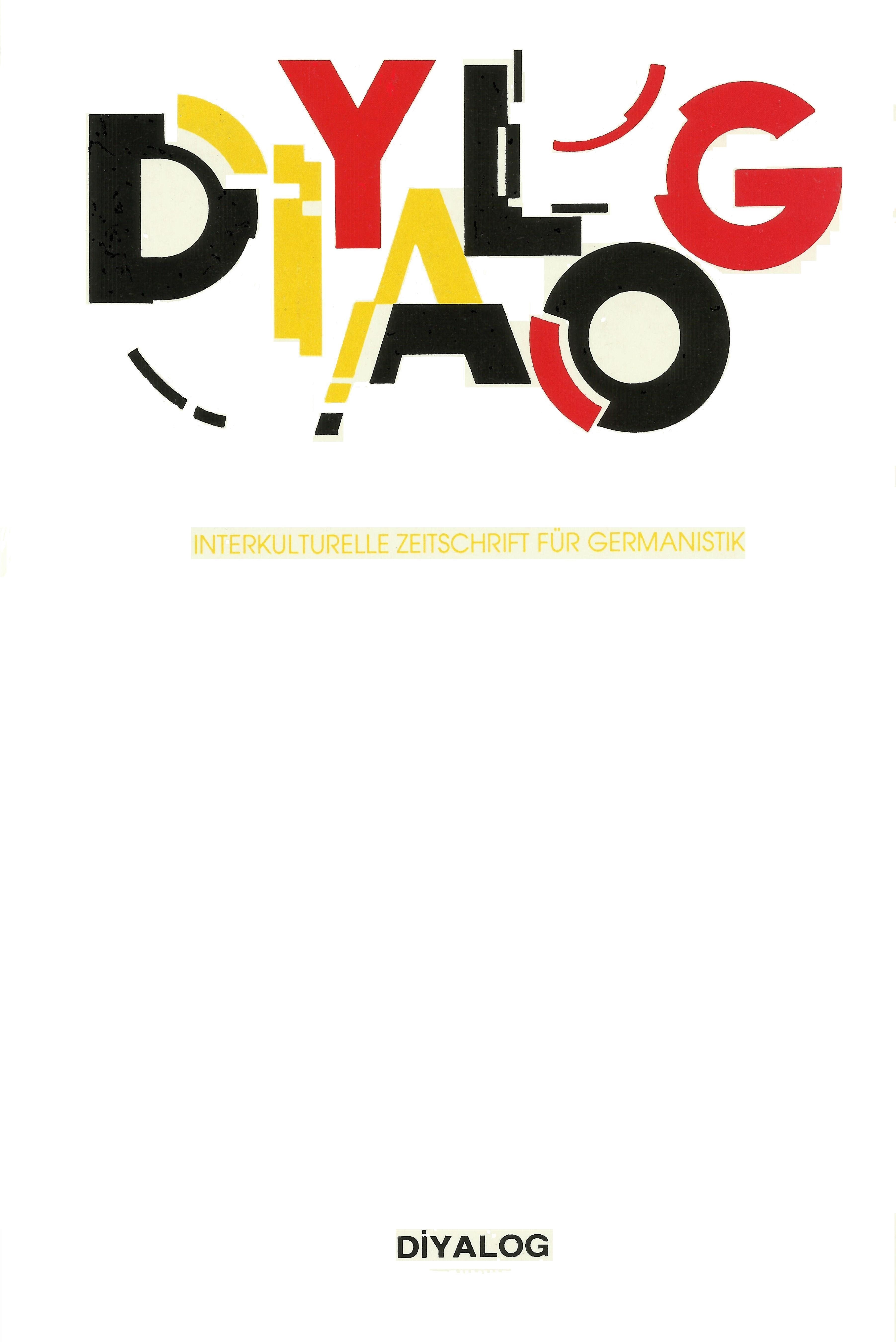Estetiğin Ahlâki İddiası. Hans Robert Jauss’un Edebiyat ve Ahlâk İlişkisi Sorunu üzerine Görüşleri
Sanat ve ahlâk arasındaki ilişki Antik dönemden bu yana tartışılan en eski felsefi sorunlardan birisi olarak görülebilir. Bu iki alan arasında var olduğu düşünülen doğrudan bağı kabul etmeyen ve „çıkarsız hoşa gitme” kavramıyla sanatın özerkliğini ilan eden Kant’ın estetiğiyle birlikte sorun kısmen çözülmüştür. Sanatın özgürlüğü anlamına gelen bu ayrım 20. Yüzyılın ikinci yarısından itibaren relativizm ve postmodernizm akımlarının yardımıyla daha da kabul edilebilir hale gelmesiyle günümüzde bu iki alan arasındaki ilişkiye vurgu yapmak nerdeyse imkânsız hale gel di. Jauss’un bu konudaki düşünceleri bu nedenle neredeyse bir istisnaya karşılık gelirler. Jauss’un kuramı sanat ve edebiyatı okur ve alımlayıcı açısından ele alır ve sanat ve edebiyat aracılığıyla okur ya da alımlayıcının ahlâki yargılar oluşturduklarını söyler.
The Moral claim of aesthetics. About Hans Robert Jauss’ opinion on the problem of the relationship between literature and morality.
The relation between art and ethics can be seen as one of the oldest philosophical issue that has been discussed since ancient era. The issue is partially solved by Kant’s aesthetics which does not accept the direct relation between them and declares autonomy of art with the phrase “disinterested pleasure”. This distinction which means the independence of art has been more accepted in the second half of the 20th century with the help of relativism and postmodernism and in the present it seems even impossible to emphasize on the relation between them. Jauss’ ideas about this issue mean exception for that reason. Jauss’ theory deals with art and literature in terms of reader and receptive and states that reader and receptive constitute ethical judgment by means of art and literature.
Keywords:
Ethics, art, good, beautiful, autonomous,
___
- Berendes, Jochen (2005): Literatur und Moral, Literaturwissenschaft und Ethik, in: Matthias Maring (Hg.), Ethisch-Philosophisches Grundlagenstudium 2. Ein Projektbuch, Münster 2005, S. 69 – 83.
- Jauss, Hans Robert (1994): Wege des Verstehens, München: Fink.
- Owens, Craig (1993): Der Diskurs der Anderen - Feministinnen und Postmoderne.In: Huyssen, Andreas; Scherpe, Klaus R. (Hrsg.): Postmoderne. Zeichen eines kulturellen Wandels. Reinbeck bei Hamburg: Rowohlt, S. 173-195.
- Plumpe, Gerhard (1993): Ästhetische Kommunikation der Moderne. Band 1: Von Kant bis Hegel. Opladen: Westdeutscher Verlag.
- Volkers, Achim (2008): Wissen und Bildung bei Foucault. Aufklärung zwischen Wissenschaft und ethisch-ästhetischen Bildungsprozessen. Wiesbaden: VS Verlag.
- ISSN: 2148-1482
- Yayın Aralığı: Yılda 2 Sayı
- Başlangıç: 2003
- Yayıncı: Germanistler Derneği
Sayıdaki Diğer Makaleler
Hermenötik Tartışmalarının Odağında Eduard Mörike’nin ‚Auf eine Lampe‘ Şiiri
Türkiye’de Akademik Açık Erişim Dergi Yayıncılığı ve Çeviribilim Alanındaki Açık Erişim Dergiler
Yabancı dil dersinde sosyal ağların kullanımı, ‘Twitter’ Microblogging Örneği
Çiğdem Gürsel Dondemir, Haşim Sinan Başdemir
Estetiğin Ahlâki İddiası. Hans Robert Jauss’un Edebiyat ve Ahlâk İlişkisi Sorunu üzerine Görüşleri
